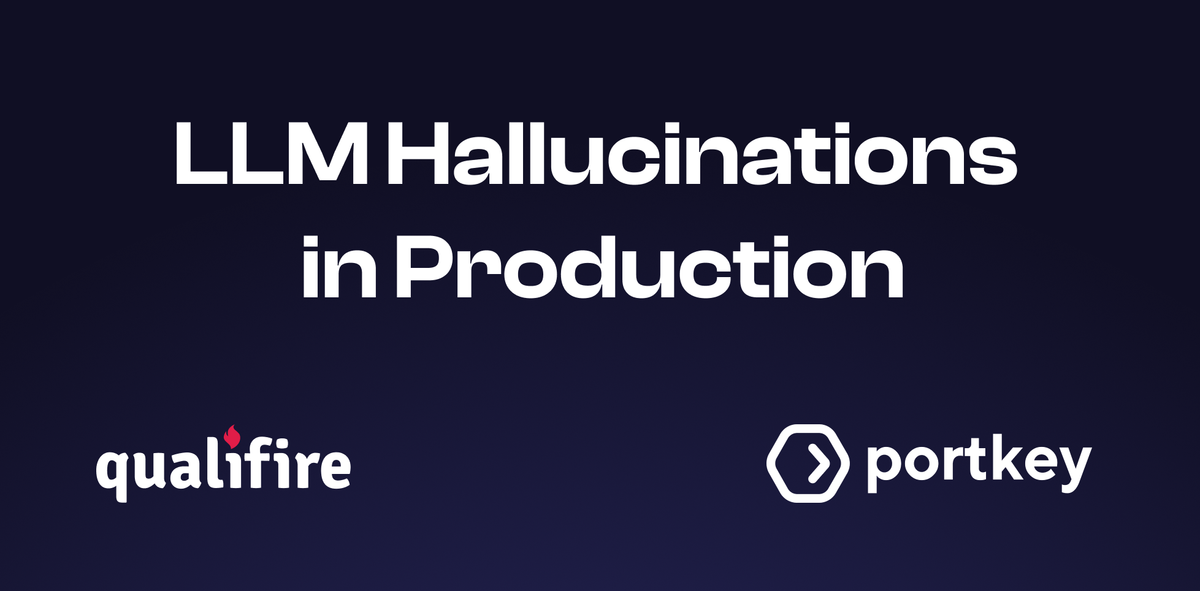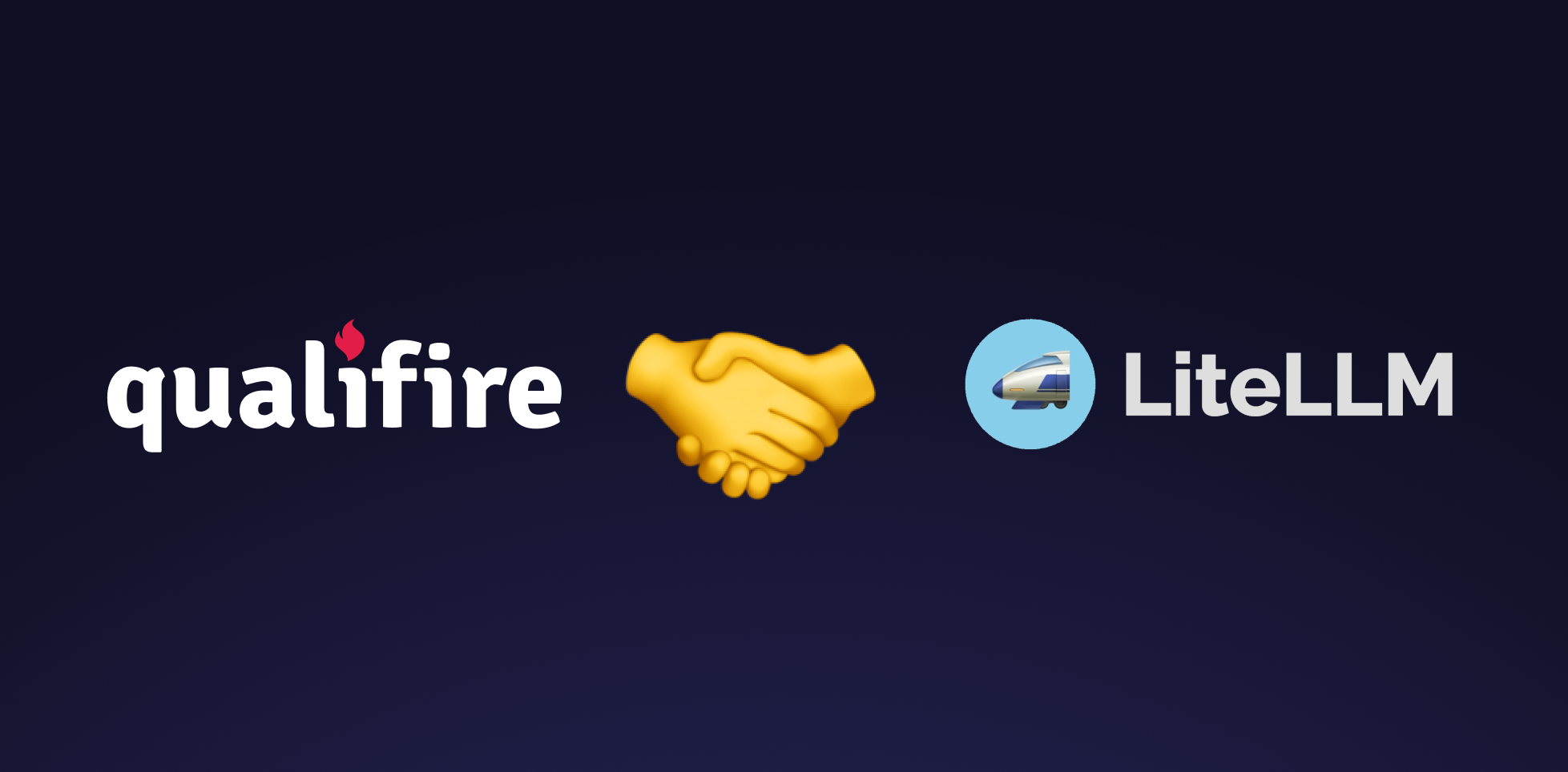.png)

Rogue Agent Evalaution Framework
Testing AI Agents Like a Pro: How Rogue Automates Agent Evaluation
TL;DR
Manual scenario tests and brittle scripts miss real-world failures. Rogue is an open source framework that uses one agent to test another, generating dynamic scenarios, running live agent-to-agent conversations, and producing actionable reports. Use Rogue to find policy violations, hallucinations, unauthorized tool use, and edge-case failures before you ship.
⭐ Star Rogue on GitHub to support the project and stay updated!
The problem
Teams ship agentic AI with static test suites, then find critical failures in production. Static tests only cover what you imagined, not what real users or adversaries will do. That gap creates safety, compliance, and customer risk.
What Rogue does
Rogue runs an EvaluatorAgent against your agent, automatically. It generates realistic scenarios from a business context, conducts multi-turn conversations in real time, and scores behaviors against your policies.
How it works, in five simple steps
- Choose a judge model
Pick a model to evaluate responses, for example a lightweight judge tuned to your policy and latency needs. - Define business context and policies
Describe what your agent should do, tools it can call, and constraints it must follow. Rogue turns this into testable scenarios. - Generate scenarios
Rogue expands your context into a mix of happy paths, edge cases, policy violations, and adversarial attacks like prompt injection and conversation steering. - Run live evaluations
The EvaluatorAgent interacts with your agent in real time. Watch conversations, capture artifacts, and surface failures as they occur. - Review reports and act
Rogue delivers detailed reports, per-scenario pass/fail status, and logs for debugging. Use results to fix instructions, add guardrails, or harden integration code.
Key architecture, briefly
Rogue separates your agent from the evaluation engine. The system includes the EvaluatorAgent, a scenario generator, and reporting components. Clients include a terminal UI, web UI, and CLI, which lets you run ad hoc tests or automate evaluations in CI.
Why Rogue matters
- Dynamic tests, not static lists: Rogue creates tests based on context, exposing behaviors static suites miss.
- Catch risky behavior pre-production: Find unauthorized tool use, hallucinations, and policy breaches before customers do.
- Integrates with CI: Automate evaluations on pull requests, block unsafe deployments, and track regressions over time.
- Fast developer feedback: Real-time conversations make failures obvious and fixable, speeding iteration.
- Open and extensible: Add new scenario types, judge models, and client integrations to match your stack.
Best practices for effective testing
- Write a thorough business context, include policies, tools, and expected edge cases.
- Start with core scenarios that matter most to your business, then expand.
- Use deep test mode for multi-turn stress tests, then iterate on failures.
- Add Rogue to CI, block merges on failed critical scenarios, and track evaluation metrics over time.
- Combine Rogue with runtime guardrails and observability to cover pre-production and production gaps.
Ready to try it
Rogue is open source. Star the project on GitHub to support development, try the demo to see a live example, and add Rogue to your CI/CD pipeline to make evaluations part of your deployment flow. For docs and setup instructions, visit the Rogue docs on our site or contact our team for a demo and integration help.
Get started with Rogue, find failures early, and ship agentic systems with confidence.
Rogue Agent Evalaution Framework






.png)
%202.svg)